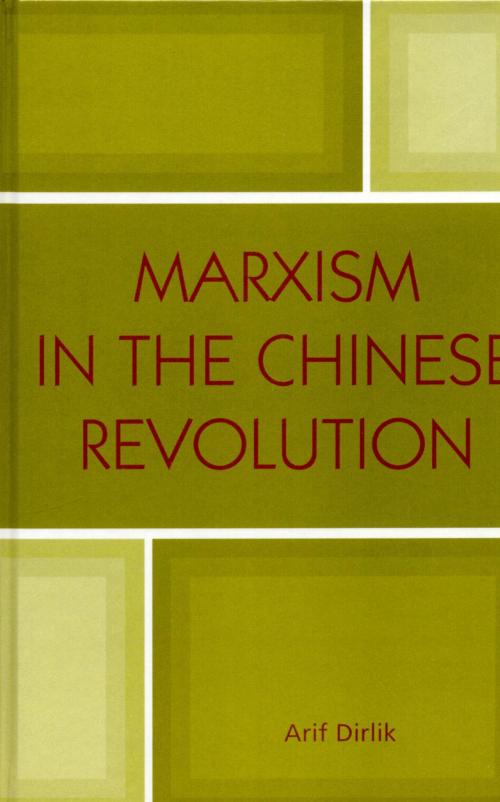| Author: | Arif Dirlik | ISBN: | 9781461639152 |
| Publisher: | Rowman & Littlefield Publishers | Publication: | June 7, 2005 |
| Imprint: | Rowman & Littlefield Publishers | Language: | English |
| Author: | Arif Dirlik |
| ISBN: | 9781461639152 |
| Publisher: | Rowman & Littlefield Publishers |
| Publication: | June 7, 2005 |
| Imprint: | Rowman & Littlefield Publishers |
| Language: | English |
Representing a lifetime of research and writing by noted historian Arif Dirlik, the essays collected here explore developments in Chinese socialism and the issues that have occupied historians of the Chinese revolution for the past three decades. Dirlik engages Chinese socialism critically but with sympathy for the aspirations of revolutionaries who found the hope of social, political, and cultural liberation in Communist alternatives to capitalism and the intellectual inspiration to realize their hopes in Marxist theory. The book's historical approach to Marxist theory emphasizes its global relevance while avoiding dogmatic and Eurocentric limitations. These incisive essays range from the origins of socialism in the early twentieth century, through the victory of the Communists in mid-century, to the virtual abandonment by century's end of any pretense to a socialist revolutionary project by the leadership of the Chinese Communist Party. All that remains of the revolution in historical hindsight are memories of its failures and misdeeds, but Dirlik retains a critical perspective not just toward the past but also toward the ideological hegemonies of the present. Taken together, his writings reaffirm the centrality of the revolution to modern Chinese history. They also illuminate the fundamental importance of Marxism to grasping the flaws of capitalist modernity, despite the fact that in the end the socialist response was unable to transcend the social and ideological horizons of capitalism.
Representing a lifetime of research and writing by noted historian Arif Dirlik, the essays collected here explore developments in Chinese socialism and the issues that have occupied historians of the Chinese revolution for the past three decades. Dirlik engages Chinese socialism critically but with sympathy for the aspirations of revolutionaries who found the hope of social, political, and cultural liberation in Communist alternatives to capitalism and the intellectual inspiration to realize their hopes in Marxist theory. The book's historical approach to Marxist theory emphasizes its global relevance while avoiding dogmatic and Eurocentric limitations. These incisive essays range from the origins of socialism in the early twentieth century, through the victory of the Communists in mid-century, to the virtual abandonment by century's end of any pretense to a socialist revolutionary project by the leadership of the Chinese Communist Party. All that remains of the revolution in historical hindsight are memories of its failures and misdeeds, but Dirlik retains a critical perspective not just toward the past but also toward the ideological hegemonies of the present. Taken together, his writings reaffirm the centrality of the revolution to modern Chinese history. They also illuminate the fundamental importance of Marxism to grasping the flaws of capitalist modernity, despite the fact that in the end the socialist response was unable to transcend the social and ideological horizons of capitalism.















